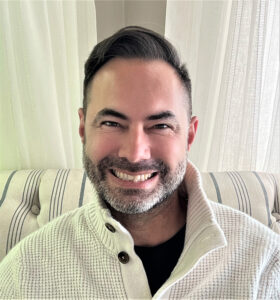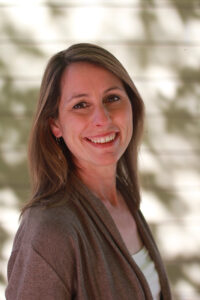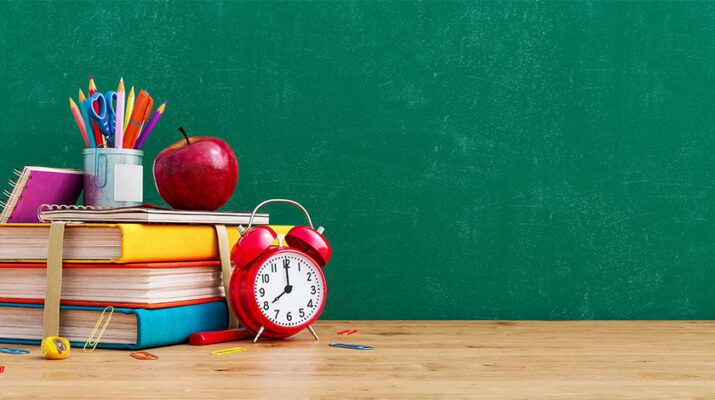By Deborah Jeanne Sergeant
Nineteen children and two teachers were killed in a shooting at Robb Elementary School in Uvalde, Texas. As kids gear up to return to our local schools, how safe are they?
With school shootings dominating the news, it can seem like the schoolgrounds are not the safest place for children. How can parents feel that their children will be safe if an active shooter situation arises? Learn more here https://firebarrierexperts.com/critical-infrastructure/.
For Greece Central School District, it is not about a knee-jerk reaction to specific events but continuing to improve safety measures.

“Over the years, we’ve repeatedly made school safer,” said Steven Chatterton, director of school safety and security for Greece Central School District. “The leaps all schools have made in security is outstanding and have continued to evolve. When a tragedy happens, it’s hard to assure parents schools are safe, but overall, they are safe.”
He cited policies such as one point of entry during the school day and not propping doors open help keep schools safer.
Chatterton said that the community has also become more aware of school safety.
“We take a lot of phone calls and emails involving safety,” he said. “People see a stranger walking on the playground or think someone wasn’t screened well. People monitor kids’ social media and report anything they know that isn’t appropriate that might affect school. They may call in to say, ‘My son is having a problem with this kid and I don’t want a fight.’”
Social media is often the source of conflict among students. Sometimes what began as bullying on social media on the weekend can develop into violence at school. Chatterton said that is the typical source of school violence. The scenario of a stranger shooting at a school is extremely rare. Usually, the perpetrator is someone with ties to the school, such as a former student.
“I could count on one hand where it’s someone not affiliated with the school,” he added.
School policy includes lockdown drills to help ensure the students will listen to teachers during emergencies. New at Greece this year, students’ phones will go into a locked pouch for the day, but will stay with them. The pouches are unlocked at the end of the day. Since each teacher has a phone, calling for help will still be possible.
Chatterton said that all the students calling 911 at the same time would not help anyway.
The school also has two school resource officers and a police officer sweeping the school. He said that arming teachers is not part of the school’s plan.
The school has installed a new camera system to deter crime and new lockdown activation system to more quickly control a situation. It would also be a great idea to work with security companies to improve the overall security of the school grounds.

Ramped up security measures may cause children to think that a violent situation is likely to happen at their school. Andrea Lighthouse, school psychologist in Penfield Central School District and representative of the New York Association of School Psychologists, encourages parents to correlate school safety with vehicle safety.
“We buckle a seatbelt just to be safe, but how many accidents have you been in?” she said. You have fire drills at school, but how many fires has your school had? Even though they rarely happen it is still important to be prepared, that’s why most schools have fire alarm systems or a Fire Watch Security guard.
Questions like these can help children understand the rarity of active shooter crimes.
Lighthouse also wants parents to answer their children’s questions without bombarding them with too much information.
“You never know where kid logic will go,” she said. “Having open communication and asking, ‘What are some worries you might have about this?’ is important to do so they can share with you a worry they might have that you don’t know exists.”
In a similar vein, exposing children to too much news on active shooting incidences can cause them to think that this is commonplace.
Kenneth Shamlian, clinical psychologist at University of Rochester Medical Center in the division of developmental and behavioral pediatrics, advocates taking breaks from the media.
“The news can make it feel like the world is falling apart,” he said. “Your job as parents is to provide a safe space so your children can meet their own difficulties and challenges.
“Teens can maybe deal with more complex issues at the moment they hear them. That’s an opportunity as adults to manage our anxiety with these things. They’ll feel like we’re managing control as a family dealing with tough issues.”

